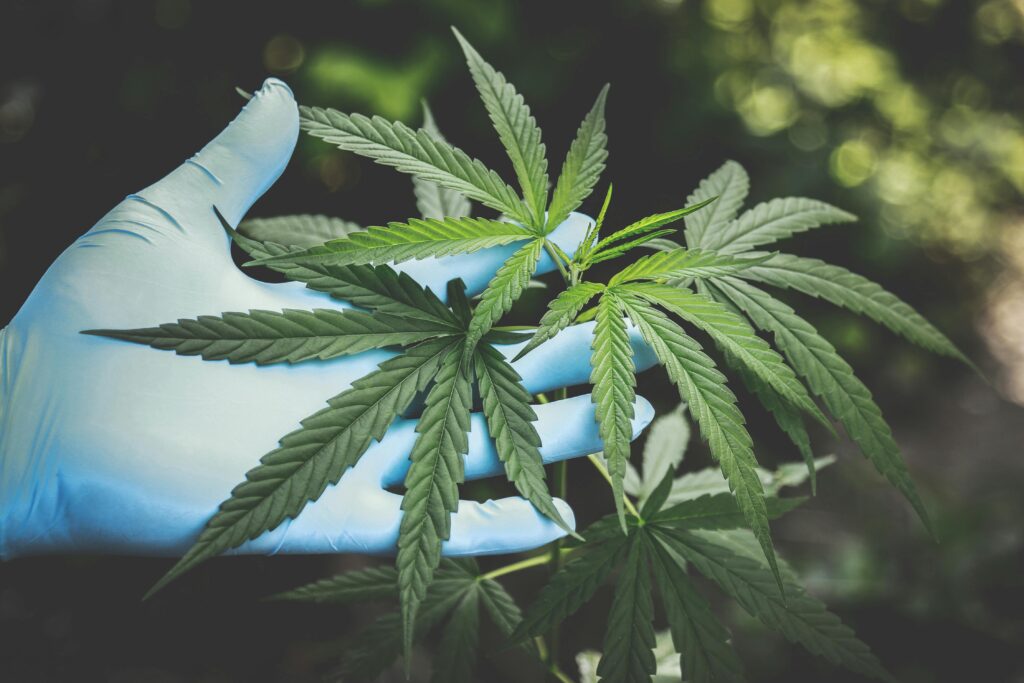Discovering Weed in Kobe: Cannabis in Japan’s Iconic City

Kobe, known for its stunning harbor views, delicious beef, and cosmopolitan vibe, is one of Japan’s most internationally recognized cities. Located in the Kansai region, just a short distance from Osaka and Kyoto, Kobe combines a rich cultural heritage with a modern, dynamic lifestyle. However, despite global shifts toward legalization, cannabis remains illegal and highly stigmatized in Kobe, as it does throughout Japan on discover weed in Kobe.
Japan’s Strict Cannabis Laws
The law makes it illegal to possess, grow, or distribute cannabis, and those found violating it face severe legal penalties. Possessing even small amounts of cannabis can result in up to five years in prison, while trafficking or cultivation carries even harsher penalties. This unwavering legal stance reflects Japan’s commitment to maintaining a drug-free society, where conformity and respect for authority are key values on discover weed in Kobe.
Japan’s zero-tolerance approach to cannabis stands in stark contrast to the growing global movement toward cannabis legalization. Countries such as Canada, several U.S. states, and parts of Europe have decriminalized or fully legalized cannabis for medical and recreational use. These shifts have led to discussions about the potential benefits of cannabis, particularly in the areas of health and wellness. However, Japan continues to adhere to its traditional stance on the drug, and cannabis remains illegal across the nation, including in Kobe on discover weed in Kobe.
Social Stigma Around Cannabis Use in Kobe
The strong societal pressure to conform means that people are reluctant to openly discuss cannabis use, even if they are curious about it. The fear of legal consequences and the potential damage to one’s reputation prevents many from experimenting with cannabis or even acknowledging its existence.
Although younger generations in Kobe, like in other major cities across Japan, are increasingly aware of the global cannabis conversation, this awareness does not necessarily translate into a more accepting attitude toward the substance.
The Growing Influence of Global Cannabis Trends
While cannabis remains illegal and taboo in Kobe, the growing global trend of legalization is slowly influencing attitudes in Japan. Social media and global news outlets have introduced information about cannabis legalization and its potential medicinal benefits to younger generations in Japan. This includes the possibility of cannabis being used to alleviate chronic pain, anxiety, and other mental health conditions. As people in Kobe and other cities become more exposed to these conversations, curiosity about the plant grows.
However, despite this growing awareness, the fear of legal and social consequences remains a powerful deterrent. Many residents of Kobe are hesitant to publicly express their opinions on cannabis, knowing that doing so could have significant ramifications. This results in cannabis discussions happening mostly in private settings, where individuals can share their views without fear of judgment or legal repercussions.
The Future of Cannabis in Kobe
At present, cannabis remains illegal and highly stigmatized in Kobe, and there are no immediate signs that Japan will be shifting its stance on cannabis use anytime soon. The legal framework remains very restrictive, and the societal pressure to conform to social norms is unlikely to change quickly. However, as global discussions about cannabis continue to evolve, it’s possible that attitudes in Japan, including in Kobe, may begin to shift over time.
Younger generations in Japan, particularly those in cities like Kobe, are more connected to the world and have access to information about cannabis use and legalization. As this curiosity grows, there may be increasing calls for policy change, particularly as the medicinal uses of cannabis gain further acceptance worldwide. The conversation about cannabis in Kobe is still in its infancy, but with more people questioning Japan’s strict cannabis laws, change may come eventually.
Conclusion
Cannabis remains illegal and heavily stigmatized in Kobe, as it does across Japan. Despite this, global trends and increased awareness of the plant’s potential benefits are slowly influencing how younger generations view cannabis. For now, the legal and social consequences of using cannabis keep it a taboo subject in Kobe, but as conversations around legalization continue to evolve globally, there may be a shift in public opinion in the future. Until then, cannabis use in Kobe will remain a highly private matter, with those curious about the plant remaining cautious due to the legal risks and societal stigma.
I have used Jay ( greenleafemporium1@gmail.com ) at least 3-4 times and every time it has been top notch. He is the best local plug you can find around. He is very pleasant, friendly and fast. He is a lifesaver.
He sells top shelf WEED and other stuffs at moderate prices. I will always recommend this guy when people ask me my ” go-to”. All you have to do is follow his instructions.
Just send him an email and I bet you will come back for more once you finish what you bought because the quality is incredible.
You can find him on telegram by clicking:https://t.me/Greenleafemporium1
“I noticed a huge reduction in my anxiety after using their products highly recommended .”
Great service, easy to work with and I’m very satisfied. I’m so happy I found JAY here. He is super responsive, on time and the quality of weed he sells are serious on point and top notch.